By Manisha Sahu | America News World
November 16, 2025
Ukraine has intensified diplomatic efforts to revive large-scale prisoner exchanges with Russia, seeking the release of approximately 1,200 Ukrainian captives who remain in Russian detention. President Volodymyr Zelenskyy, along with his top national security officials, confirmed that Kyiv is pushing for renewed negotiations under the framework of the 2022 Istanbul agreements, which were initially brokered with Turkish mediation to facilitate coordinated swaps.

In a video address posted on Sunday on the Telegram messaging platform, Zelenskyy said that the Ukrainian government is devoting significant time and resources toward resuming exchange operations. “We are counting on the resumption of exchanges,” he said. “Many meetings, negotiations and calls are now devoted to this.” His message reflected a growing sense of urgency in Kyiv, where the humanitarian and political stakes surrounding captive citizens remain high.
Diplomatic Shuttle: Turkey and UAE Step In
Ukraine’s National Security and Defense Council chief Rustem Umerov revealed that he recently held intensive consultations in Turkey and the United Arab Emirates, with support from Ukraine’s international partners. These meetings, he said, were aimed at restoring the formal structure for exchanges that had been interrupted by shifts on the battlefield and the breakdown of previous negotiation channels.
“As a result of these negotiations, the parties agreed to return to the Istanbul agreements,” Umerov announced in a statement posted on Telegram. “This concerns the release of 1,200 Ukrainians.” His remarks suggest that both Kyiv and its mediating partners are attempting to revive a system designed to support large, predictable swaps, rather than sporadic, last-minute agreements.
The Istanbul agreements of 2022 played a pivotal role in helping Ukraine and Russia conduct thousands of prisoner exchanges during the first phases of the war. The framework laid out procedures, verification mechanisms and timelines for swapping military personnel, civilians and wounded combatants. But as the conflict evolved—particularly with intensified fighting in the east and south—the coordination process became increasingly fragmented.
Moscow Yet to Respond
Despite Ukraine’s public statements, there has been no immediate comment from Moscow, and Russian officials have refrained from acknowledging any new movement on the issue. Over the past year, exchanges between the two sides have become far less frequent, often stalling for months.
Analysts say Russia may be hesitant to commit to a major release as it continues to replenish forces and exert pressure along the front lines. Moreover, prisoner exchanges often become bargaining chips in broader political or military negotiations. Without a clear incentive or broader concessions, Russia may be reluctant to enter into new commitments.
However, Ukraine’s leadership hopes that renewed mediation by Turkey—a country that has maintained communication channels with both Kyiv and Moscow—will help break the stalemate.
Humanitarian Stakes Remain High
For Ukrainians, the return of 1,200 captives would be a major humanitarian milestone. Many families have gone months or even years without information about their loved ones. Zelenskyy has repeatedly made prisoner exchanges a national priority, framing them not only as a moral obligation but as part of Ukraine’s broader wartime resilience.
Umerov emphasized that Ukrainian officials are “working without pause” to secure the release of citizens held in Russian detention centers, makeshift prisons and occupied territories. He expressed hope that these Ukrainians might be reunited with their families in time for the New Year and Christmas holidays.
“We are working without pause so that Ukrainians who are to return from captivity can celebrate New Year and Christmas at home – at the family table and with their loved ones,” he said.
These sentiments resonate widely across Ukraine, where the return of captives has often been met with emotional receptions, national ceremonies and media coverage that underscore the human cost of the war.
A History of Exchanges Amid Conflict
Since Russia launched its full-scale invasion of Ukraine in February 2022, the two nations have carried out thousands of prisoner swaps, sometimes involving dozens and at other times hundreds of individuals at a time. These exchanges have included soldiers, border guards, medics, sailors captured at sea, and in some cases, civilians detained during occupation sweeps.
However, progress has never been consistent. Periods of heavy fighting—such as the battles for Bakhmut, Mariupol and Avdiivka—often stalled negotiations, as both sides sought leverage or used captives to strengthen their tactical positions. In other moments, mediation by countries like Turkey, Qatar and the UAE helped break diplomatic deadlocks.
The reinstatement of the Istanbul framework could mark an important shift back toward more stable coordination. Still, experts caution that such agreements remain vulnerable to developments at the front. Any escalation by Russia or Ukraine could easily disrupt or delay the process.
International Support and Mediation
Turkey’s involvement is particularly notable. President Recep Tayyip Erdoğan has positioned himself as a mediator since the early months of the war, previously helping secure a major exchange that included Ukraine’s Azovstal defenders and Russia’s POWs. Ankara’s ties with both nations—and its geopolitical ambitions—give it a unique role in what remains one of the world’s most complex diplomatic crises.
The United Arab Emirates, meanwhile, has emerged as a behind-the-scenes facilitator in several recent mediation initiatives involving Russia, Ukraine, and Western governments. Its participation signals a broader international willingness to support humanitarian negotiations even as military and political tensions remain high.
Looking Ahead
While Kyiv has expressed optimism, significant uncertainties remain. The absence of a response from Moscow leaves open questions about the scale and timing of any eventual exchange. For now, Ukraine continues to press diplomatically, hoping that renewed international coordination will translate into concrete results.
If successful, the release of 1,200 Ukrainians would be one of the largest exchanges since the early stages of the war, potentially signaling a thaw—or at least a temporary opening—in an otherwise frozen diplomatic landscape.
As winter approaches and the war enters yet another phase, the fate of these captives has become a focal point for families across Ukraine. Their return would not only mark a humanitarian victory but also provide a rare moment of relief amid a conflict that has reshaped global politics and continues to test international diplomacy.
Discover more from AMERICA NEWS WORLD
Subscribe to get the latest posts sent to your email.
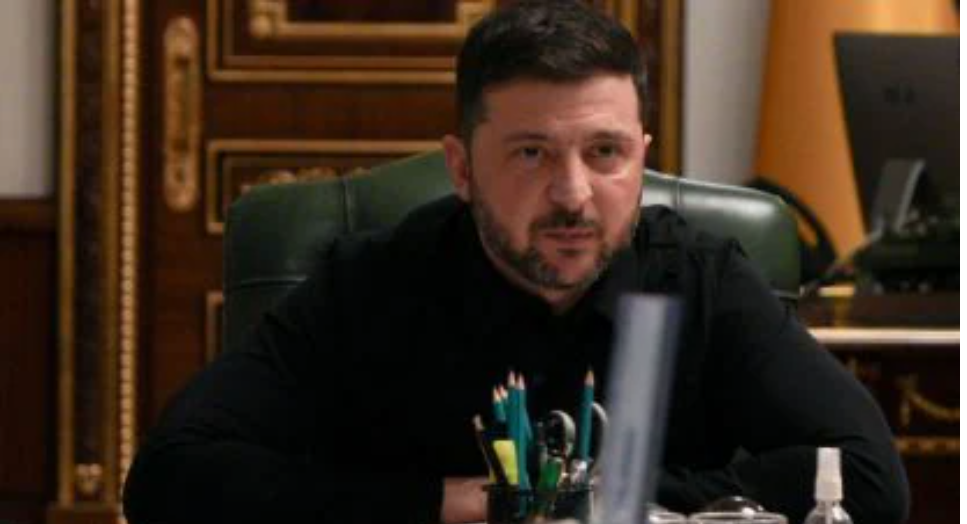
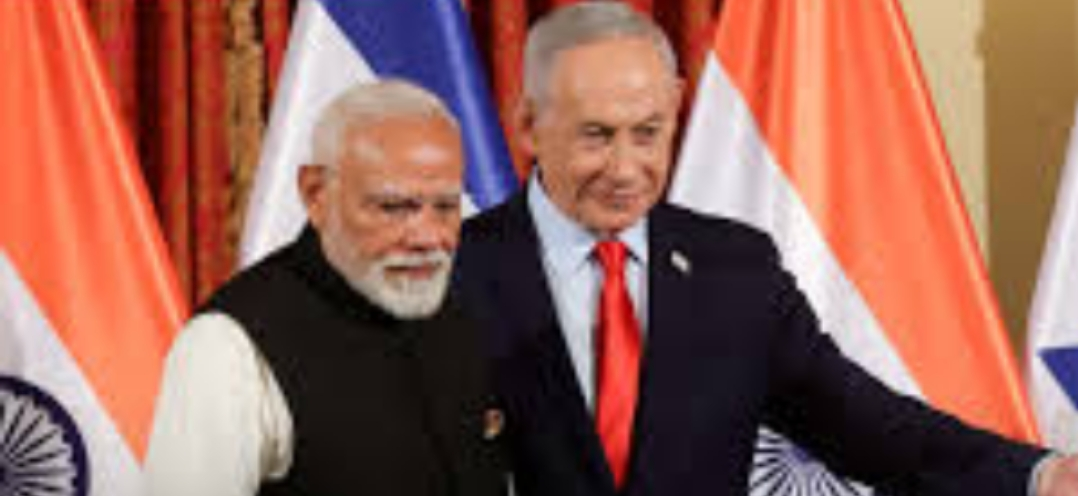
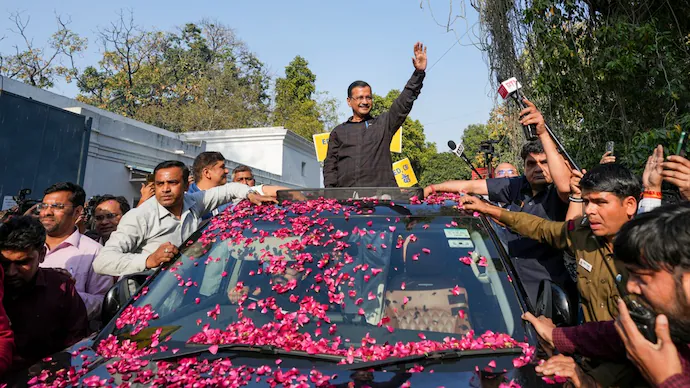

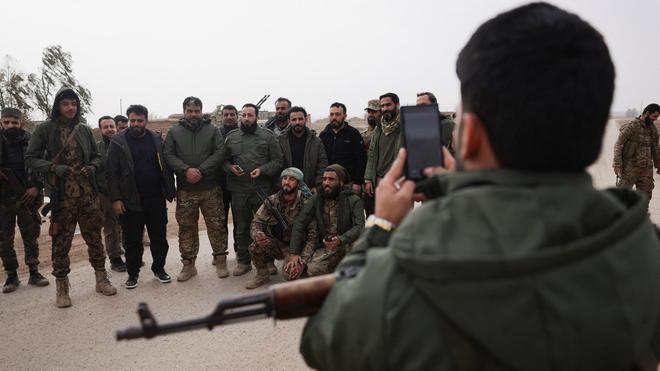
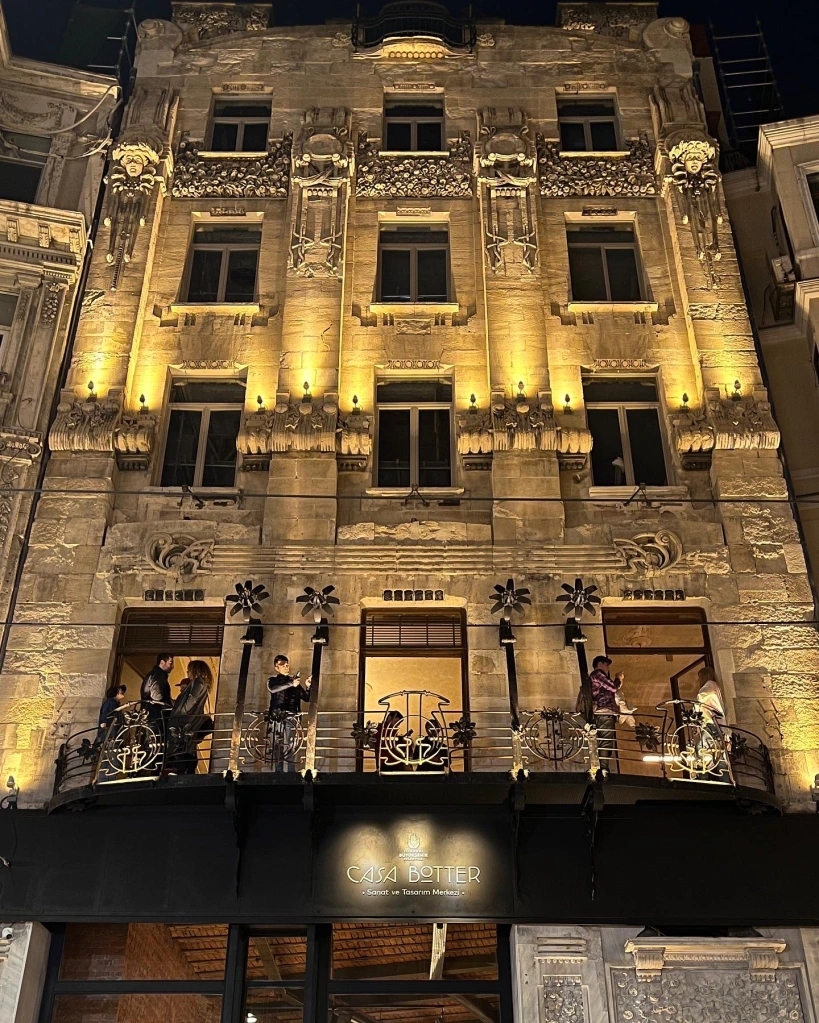

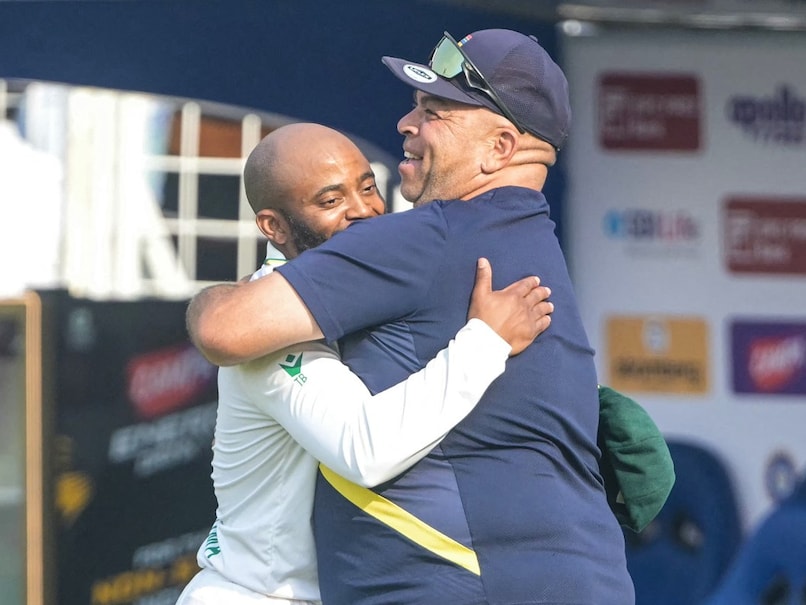
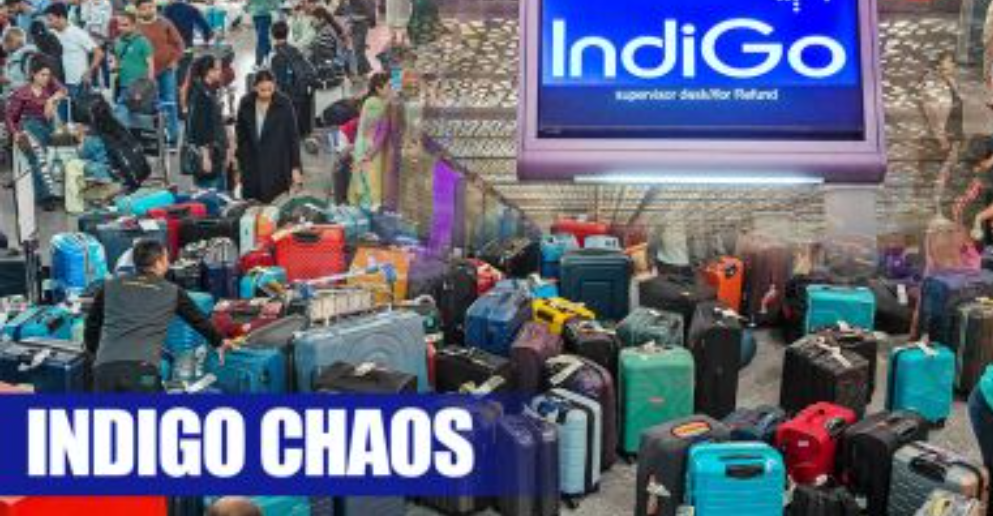
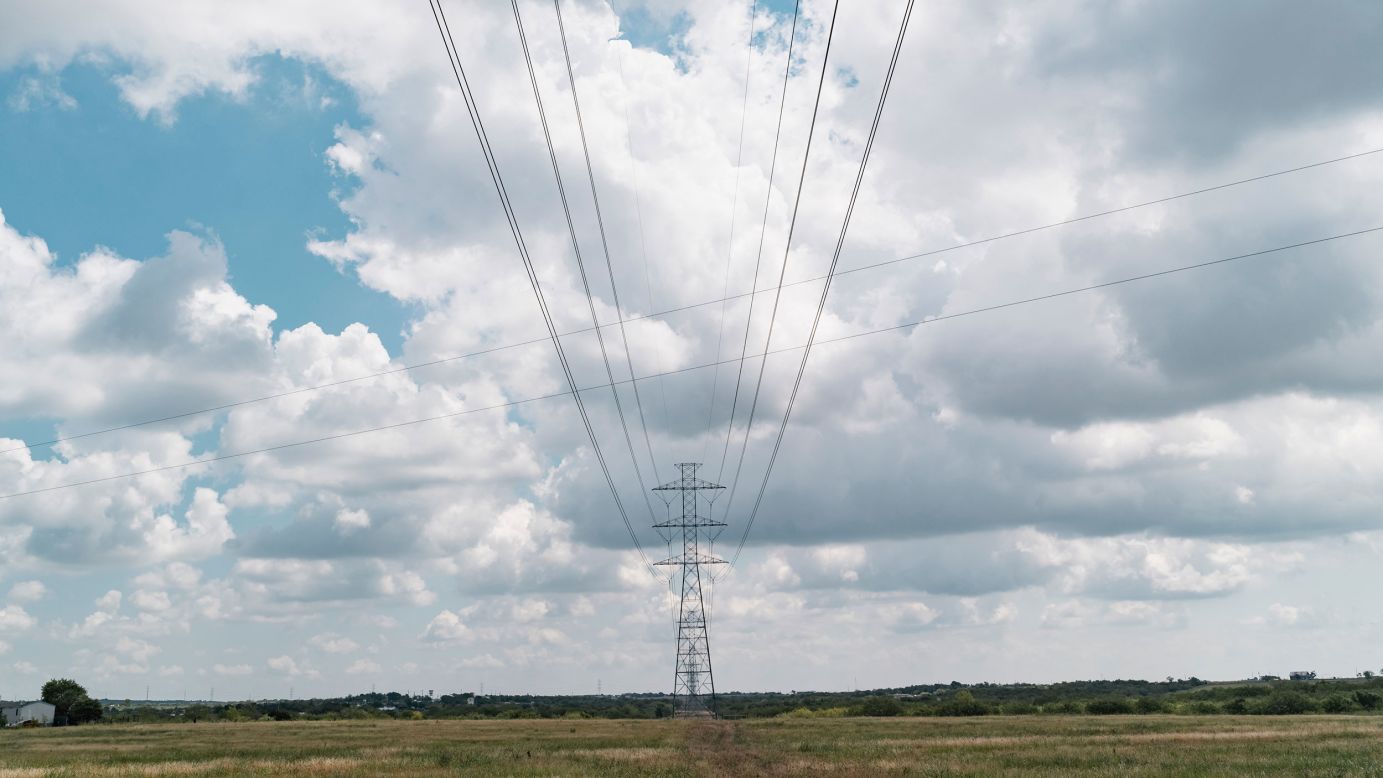
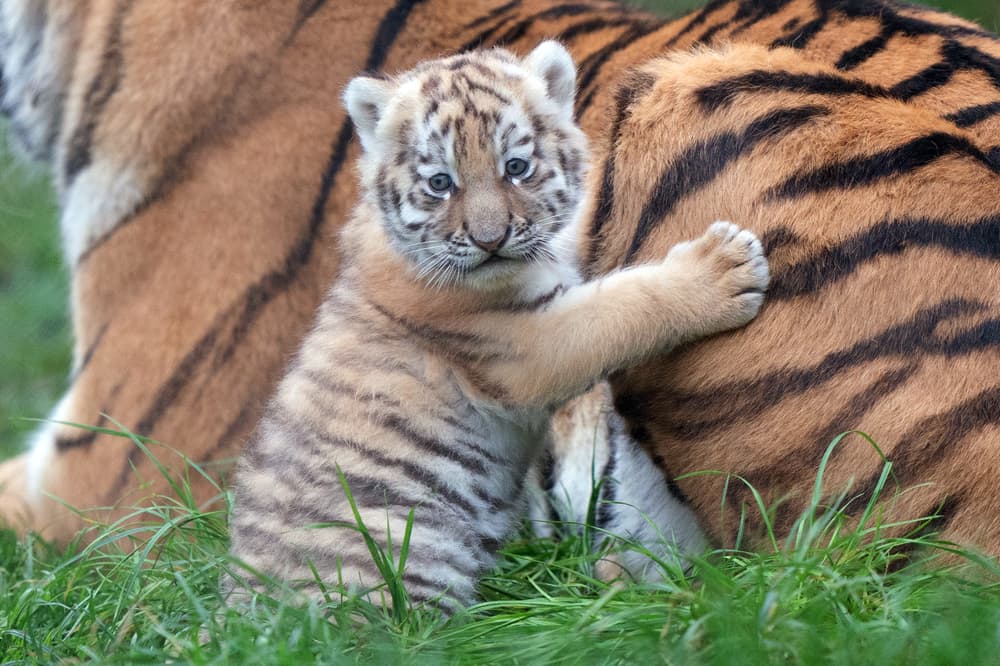
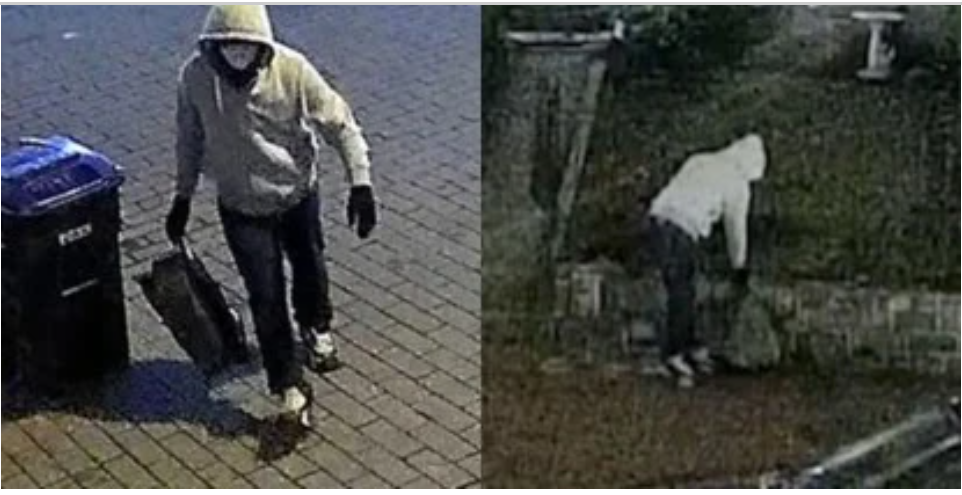
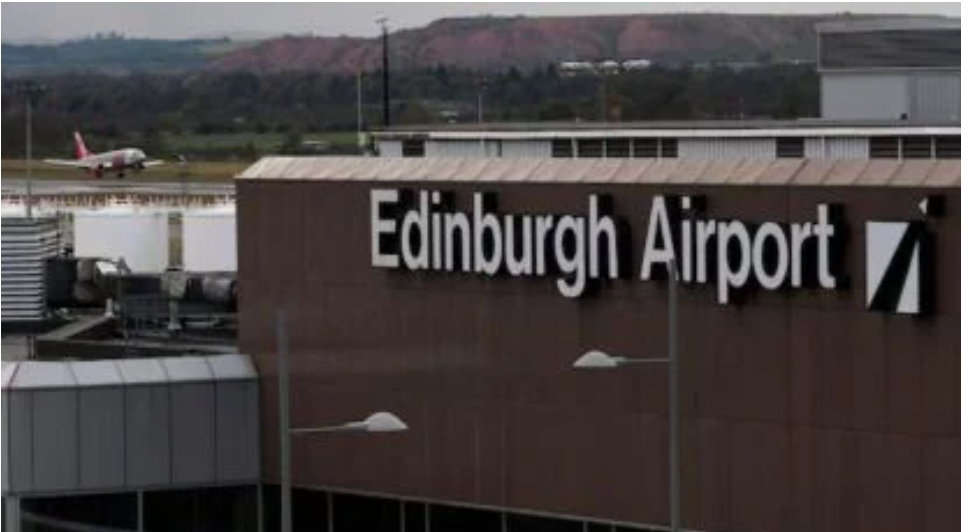

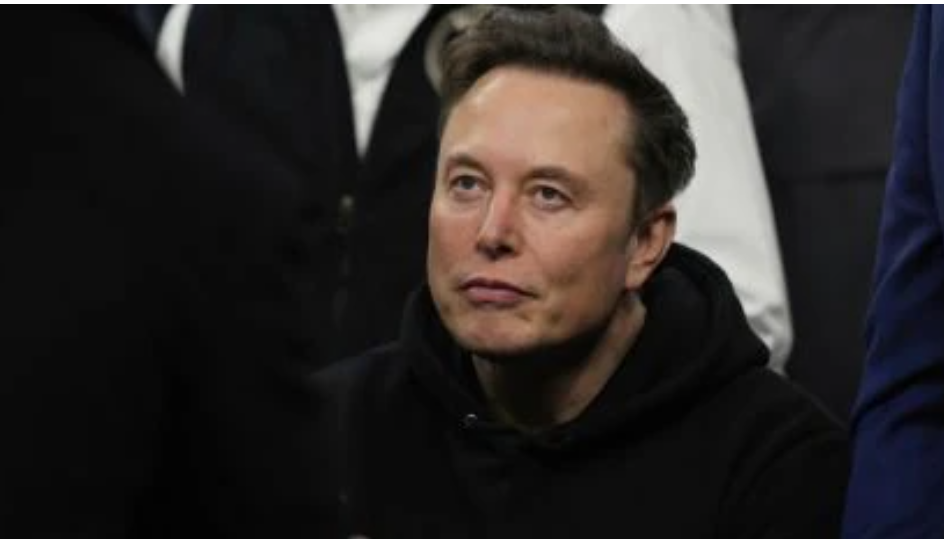
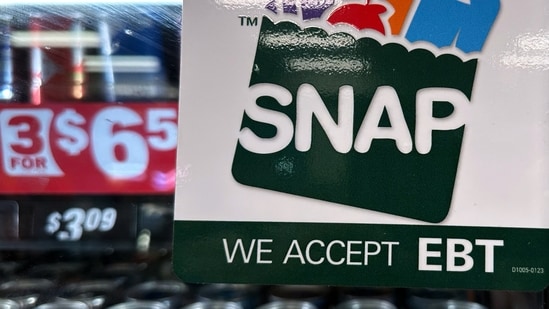
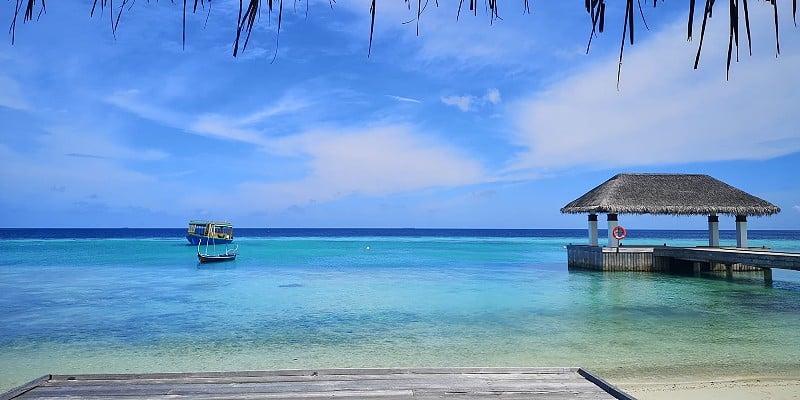
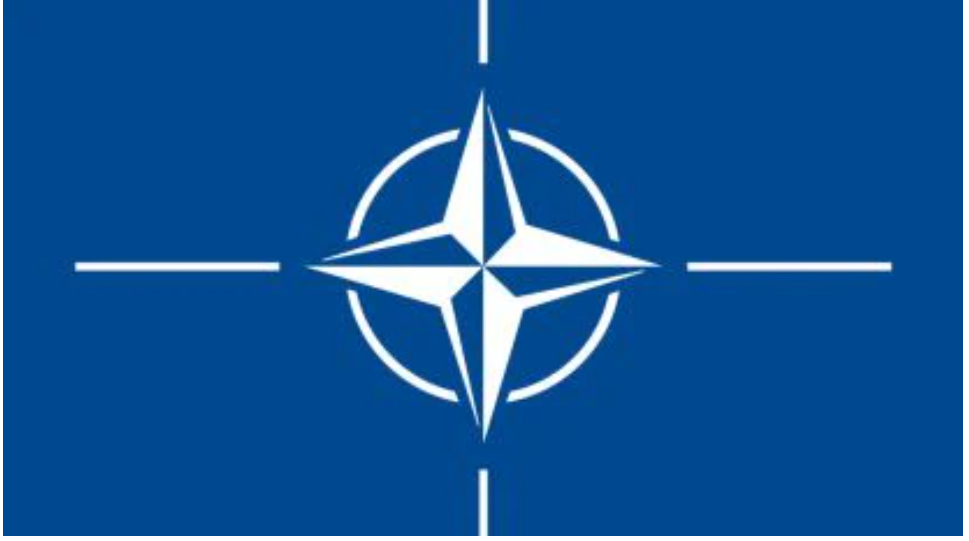
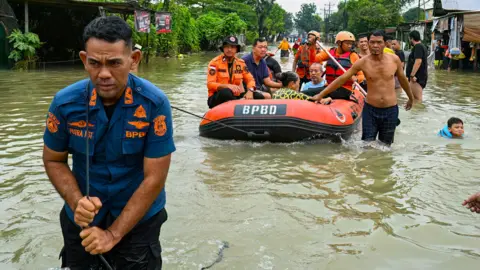

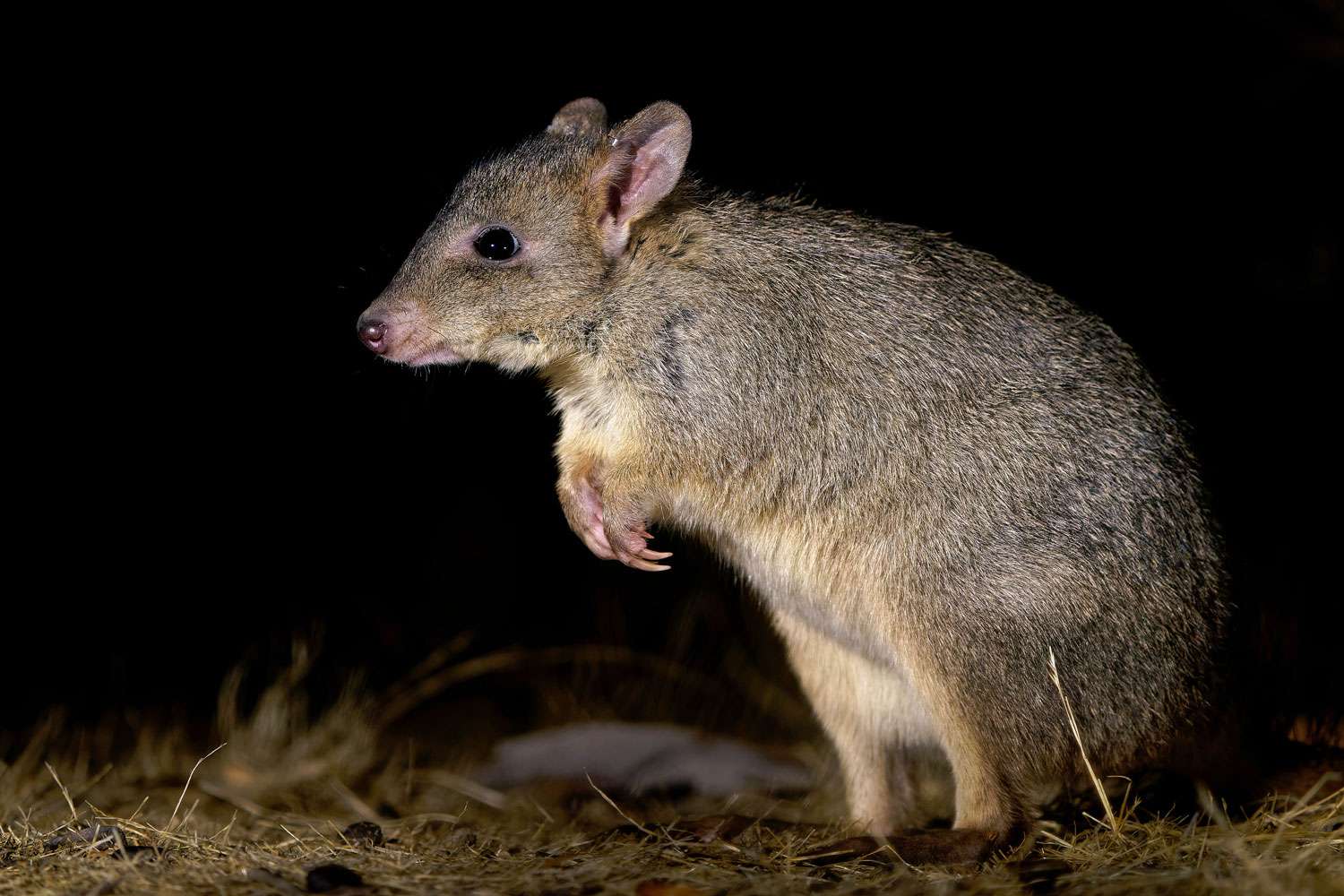

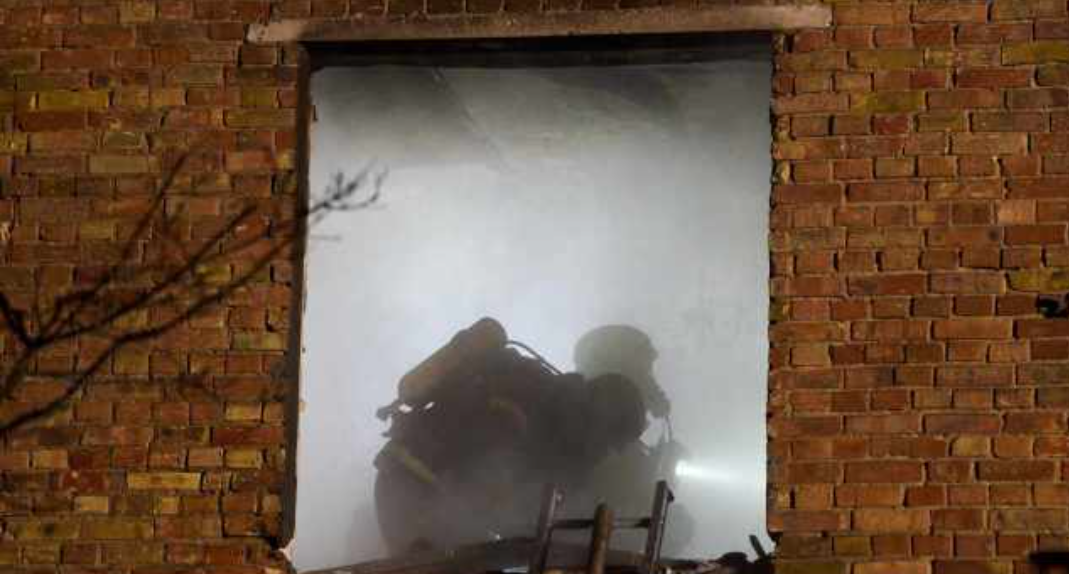
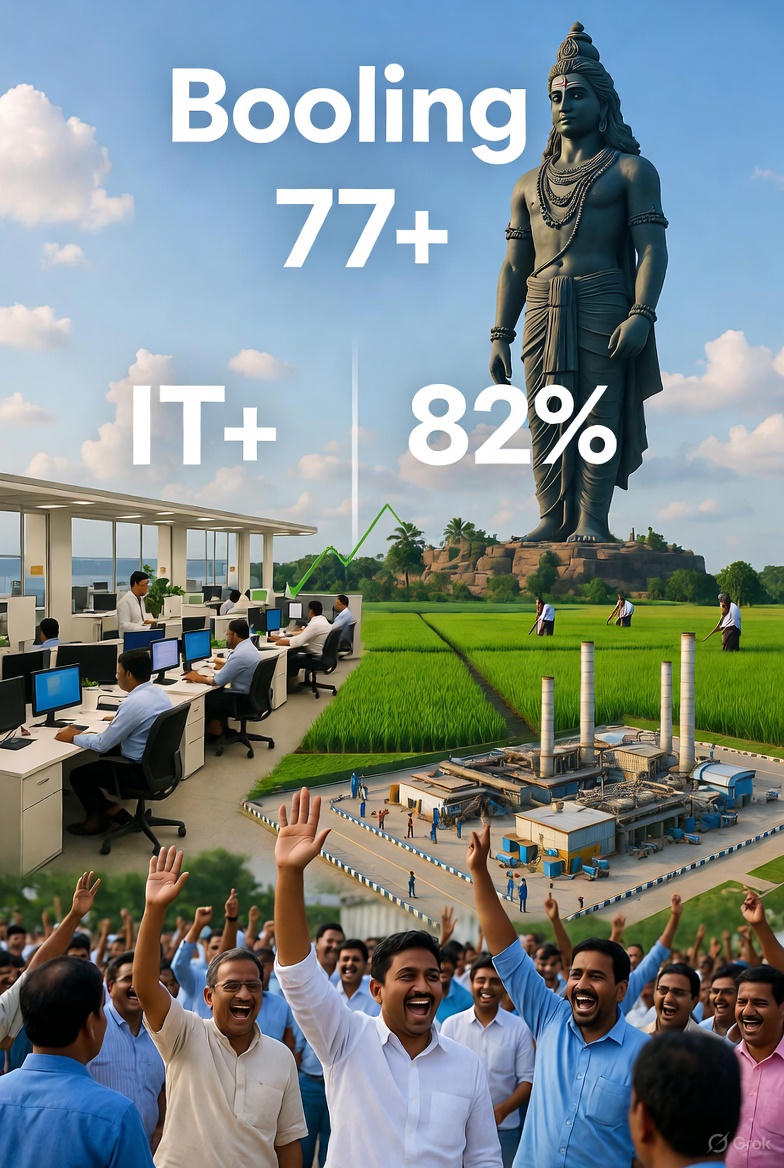


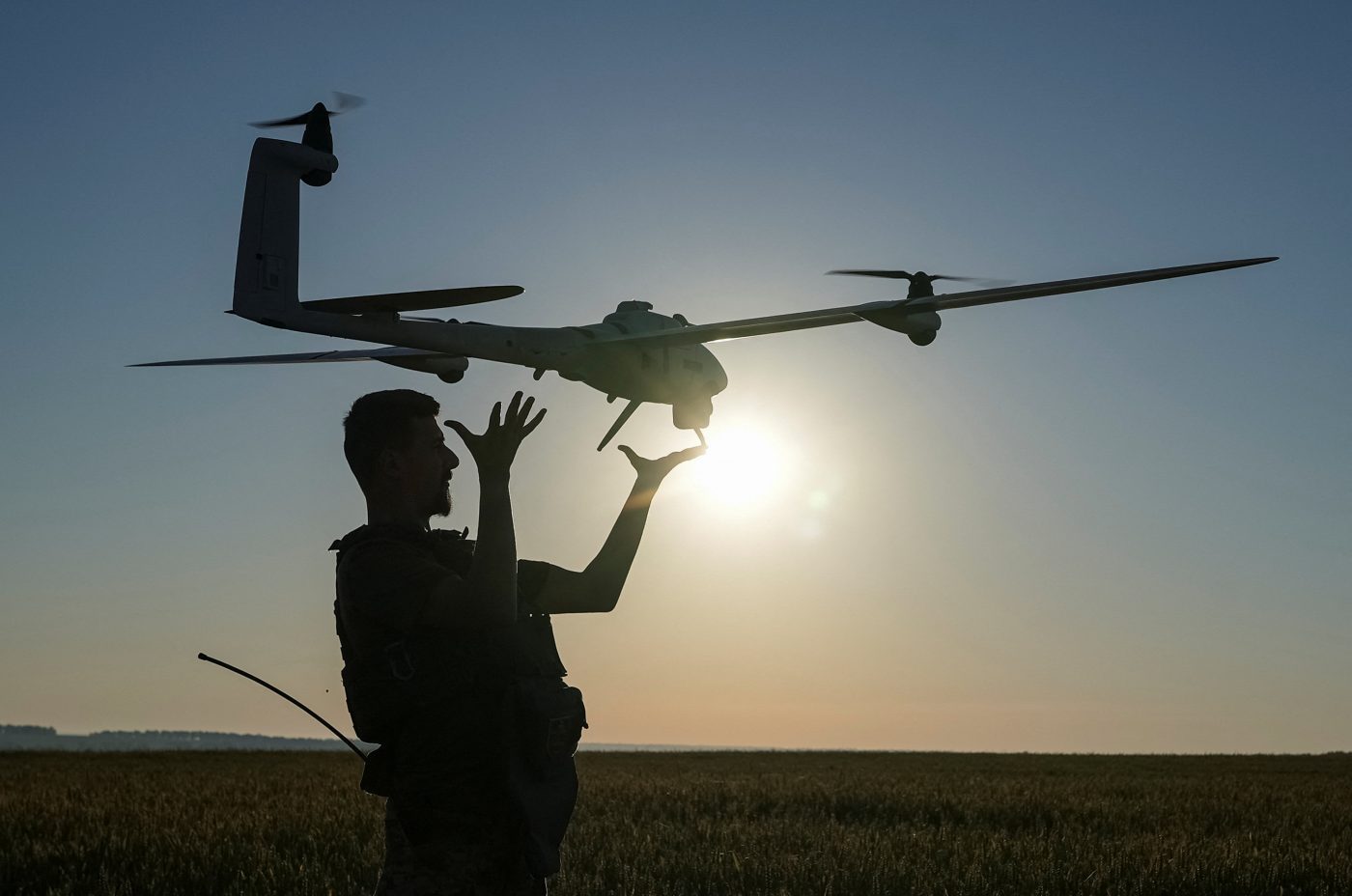



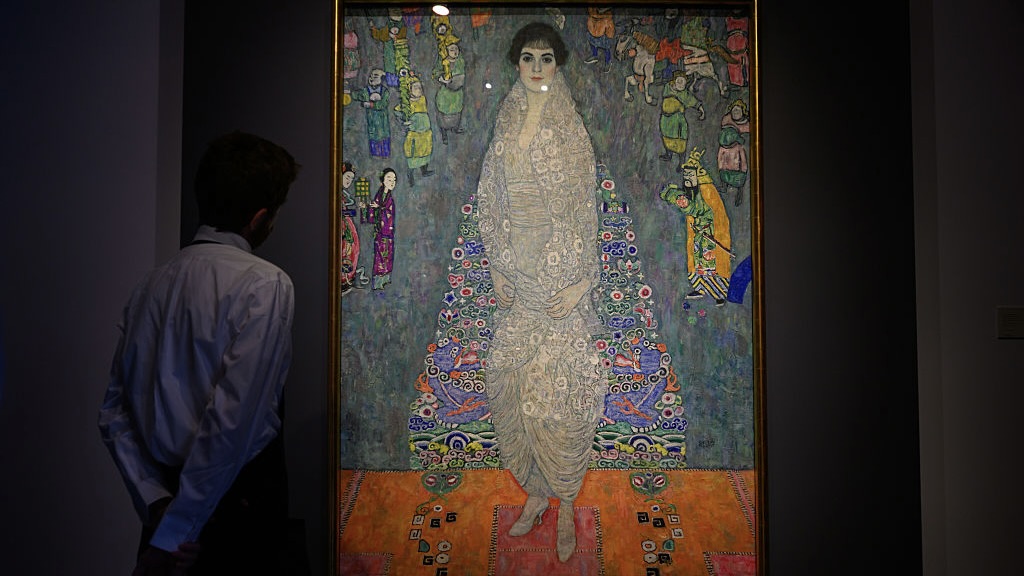
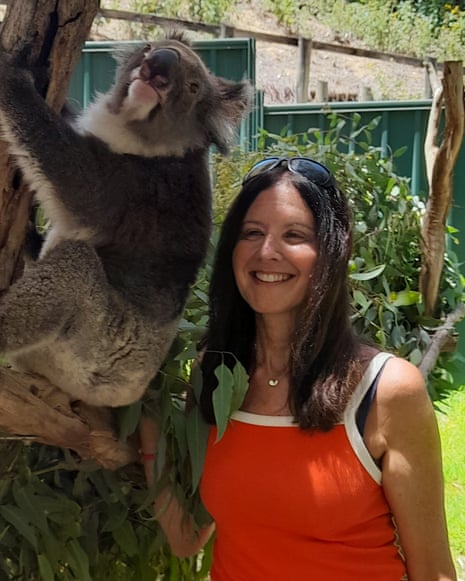
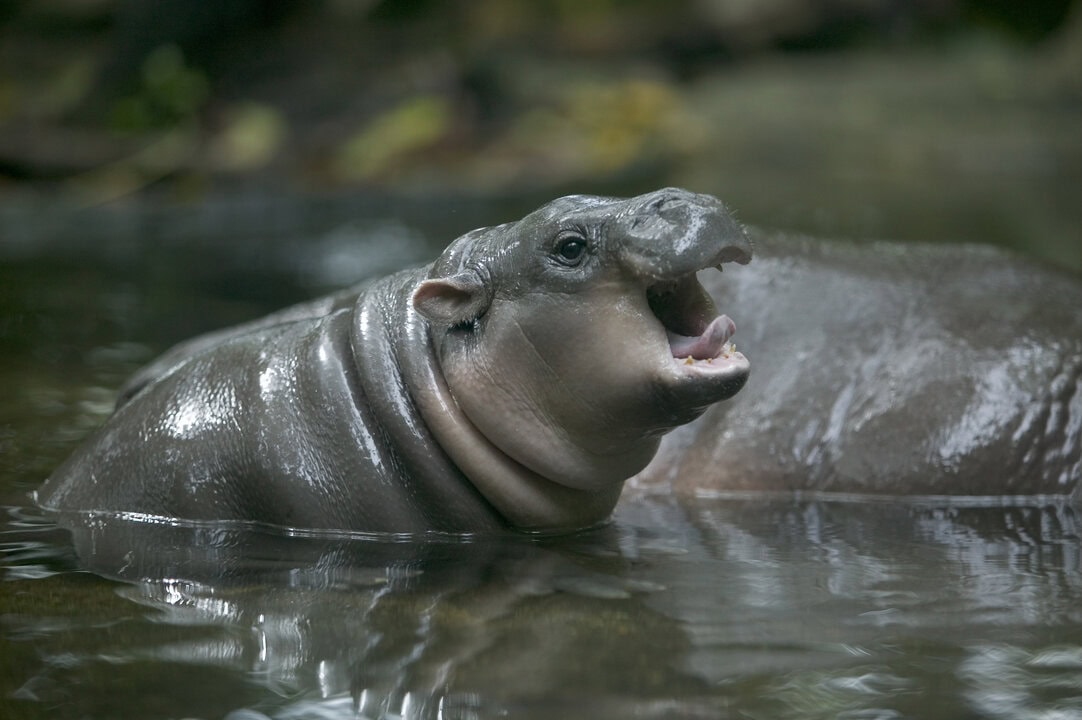


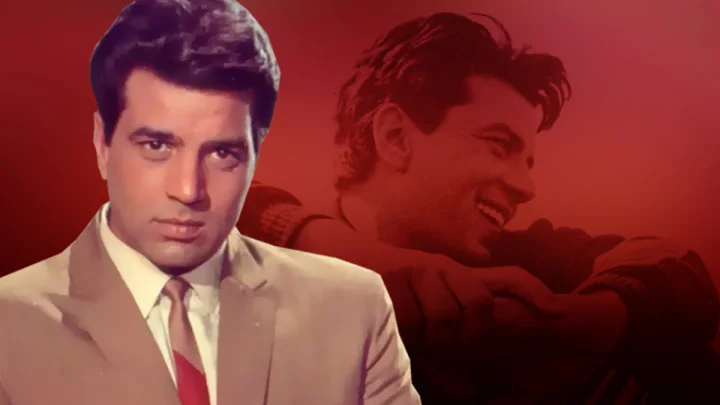
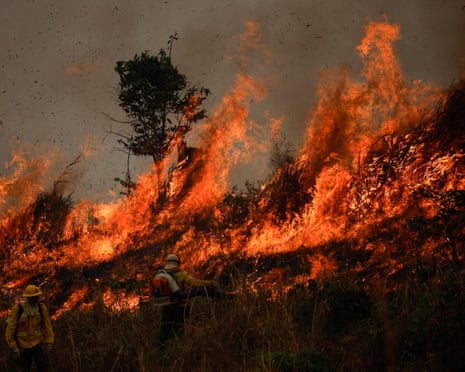
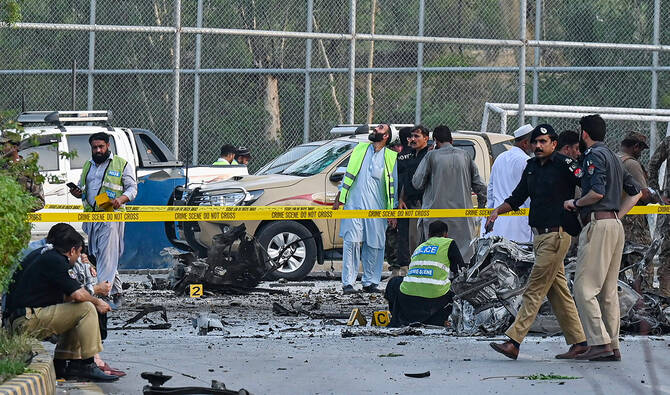

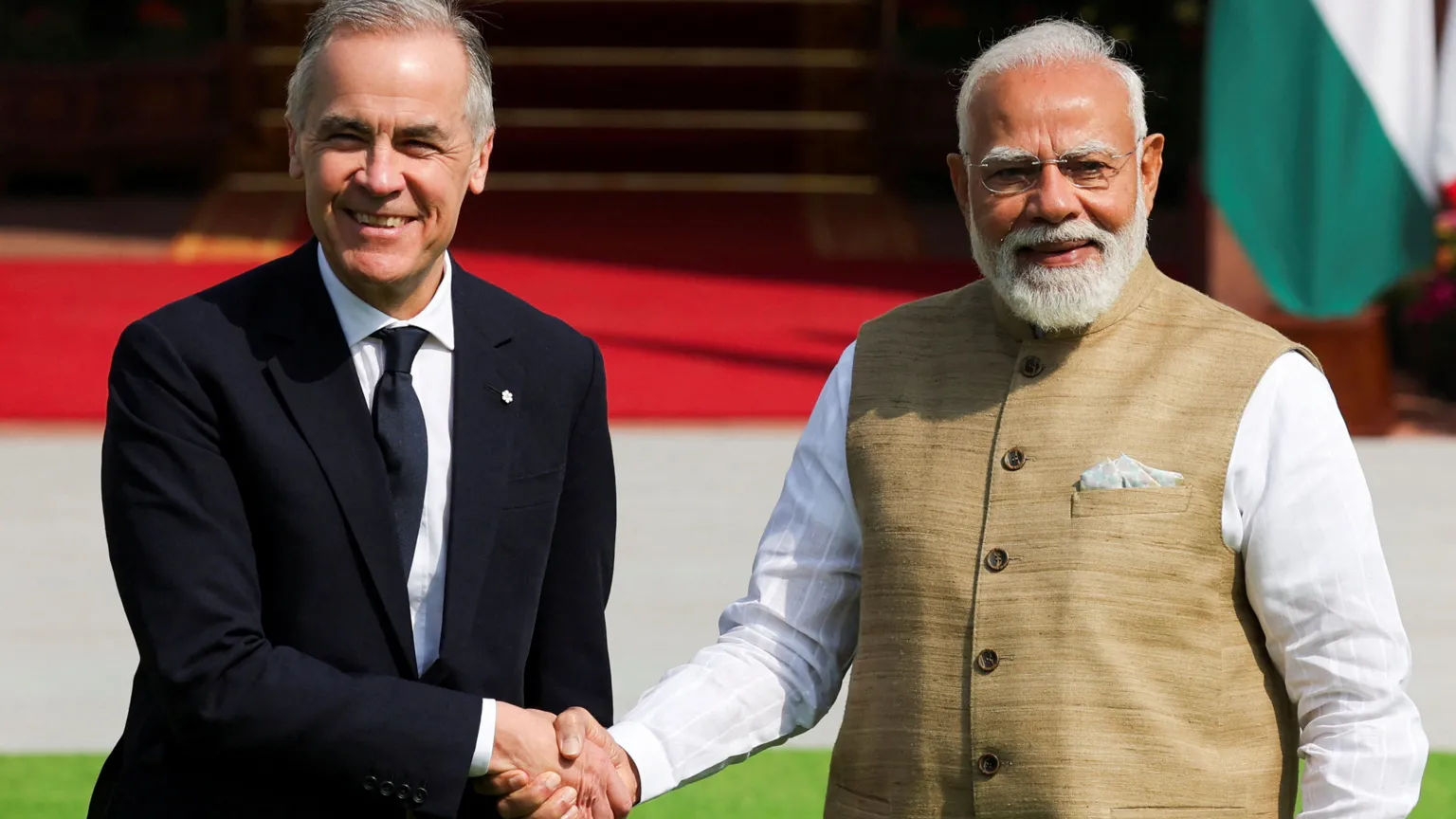
![Smoke rises after Israeli strikes in Beirut's southern suburbs, on March 2 [Mohamad Azakir/Reuters]](https://america112.com/wp-content/uploads/2026/03/hgh.webp)